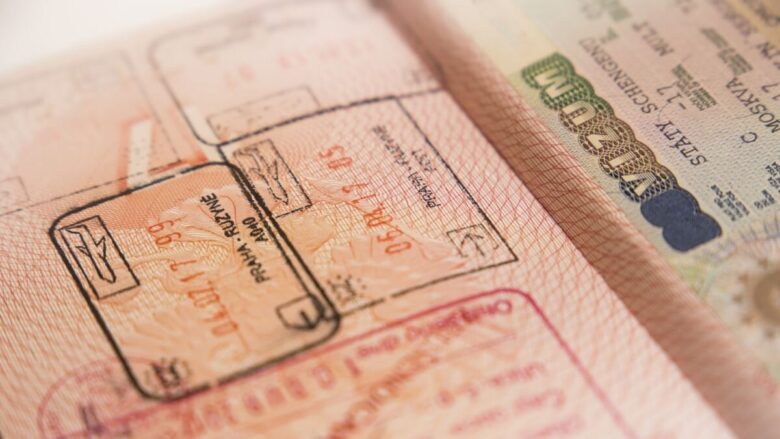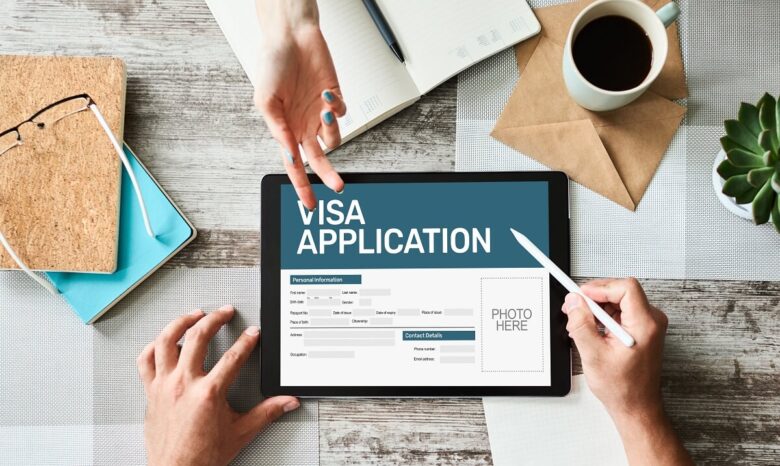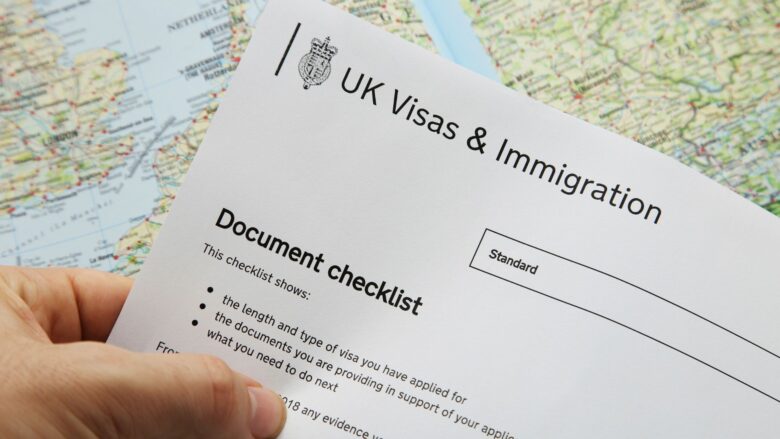The United Kingdom has long been a destination of choice for individuals seeking new opportunities, education, work, or reunification with loved ones. However, the path to obtaining a UK visa is not always straightforward, and visa refusals can pose significant challenges to the dreams and plans of prospective immigrants. In this comprehensive article, we delve into the intricate landscape of UK visa refusals, exploring the common reasons for refusal, understanding the appeal process, and offering insights into navigating this complex journey.
Contents
- The Landscape of UK Visa Refusals
- 1. Insufficient Evidence: Piecing Together the Puzzle
- 2. Financial Ineligibility: Balancing the Financial Equation
- 3. Lack of Genuine Intent: Unveiling the True Purpose
- 4. Criminal Record: Grappling with the Past
- 5. Immigration History: The Trail of Prior Ventures
- 6. Health and Public Safety: Prioritizing Well-being
- A Glimpse into the Appeal Process
- Understanding the Appeal Process
- The Art of Crafting a Strong Appeal
- Navigating the Path Forward
The Landscape of UK Visa Refusals
For countless individuals around the globe, the prospect of journeying to the United Kingdom is a profound aspiration, symbolizing opportunities for growth, exploration, and connection. However, amid the hopes and dreams lies a reality that many face: the potential for visa refusals. As individuals step into the complex arena of the UK immigration system, they encounter a landscape intricately woven with eligibility criteria, documentation demands, and financial prerequisites. As of my last update in September 2021, the reasons behind these visa refusals echo the concerns of a vigilant system committed to maintaining its integrity:

Source: schengenvisainfo.com
1. Insufficient Evidence: Piecing Together the Puzzle
At the heart of many visa refusals lies the intricate puzzle of evidence. The demand for comprehensive and credible supporting documentation is paramount. Incomplete forms, elusive financial records, or inadequate proof of ties to one’s homeland can cast shadows of doubt over an application’s credibility. The UK immigration system seeks a coherent narrative, a story backed by solid proof that aligns with the applicant’s intentions.
2. Financial Ineligibility: Balancing the Financial Equation
One of the pillars of a successful visa application is the demonstration of financial capability. This financial equation is designed to ensure that applicants can sustain their stay in the UK without straining local resources. Failing to meet these financial benchmarks or providing inaccurate financial information can lead to visa refusals. It is a reminder that fiscal responsibility is central to the immigration journey.
3. Lack of Genuine Intent: Unveiling the True Purpose
Behind every visa application lies a story, a purpose, and genuine intentions. UK visa officers are tasked with peering into the authenticity of an applicant’s desires. A lack of genuine intent, whether it’s due to miscommunication or misunderstanding, can cast shadows over an application. The UK immigration system strives to distinguish between those who seek temporary passage and those who envision meaningful interactions with the UK.

Source: newjerseycriminallawattorney.com
4. Criminal Record: Grappling with the Past
A visa application can become entangled with an individual’s past actions, particularly if they involve a criminal record. The nature and severity of the offense can sway the scales of a visa decision. The UK immigration system, in its commitment to public safety, scrutinizes the criminal history of applicants, considering its relevance to the application and potential risks to the country.
5. Immigration History: The Trail of Prior Ventures
Past immigration experiences hold a significant place in the UK visa landscape. Previous violations or overstays in the UK or other countries can raise concerns and cast a shadow of doubt over an applicant’s intentions. The system assesses whether an applicant’s history aligns with the principles of adherence and compliance.
6. Health and Public Safety: Prioritizing Well-being
A nation’s commitment to health and public safety is a pivotal consideration in the visa application process. Applicants who pose health risks or endanger public safety due to their medical condition may face visa refusals if they fail to meet the required health standards. This reflects the UK’s dedication to safeguarding its citizens and residents.
A Glimpse into the Appeal Process

Source: citizenpath.com
While a visa refusal can be disheartening, it doesn’t necessarily signify the end of the road. The UK immigration system offers avenues for recourse through the appeal process. Applicants are provided an opportunity to address concerns, rectify misunderstandings, and present their case anew.
Understanding the Appeal Process
In the face of a visa refusal, the UK immigration system provides applicants with a recourse through the appeal process. While the UK visa appeal process can be daunting, understanding its nuances is essential for those seeking a second chance at obtaining a UK visa.
1. Administrative Review
In certain visa categories, applicants may be eligible for an administrative review. This process involves having the refusal decision reviewed by a different immigration officer to ensure that the refusal was made correctly based on the information provided in the application.
2. Full Right of Appeal
For some visa categories, applicants have the right to appeal the refusal to the First-tier Tribunal (Immigration and Asylum Chamber). This involves presenting the case to an independent judge who will assess the refusal decision based on the evidence provided.
3. Judicial Review
If all other options have been exhausted, applicants can seek a judicial review of the refusal decision in the Upper Tribunal (Immigration and Asylum Chamber). This avenue involves challenging the legality of the decision-making process.
The Art of Crafting a Strong Appeal

Source: travelandleisureasia.com
Preparing a successful appeal requires careful consideration and attention to detail.
1. Thoroughly Review the Refusal Letter
The refusal letter provides insights into the reasons for the refusal. Understanding these reasons is crucial for addressing them in the appeal.
2. Gather Additional Evidence
Based on the reasons for refusal, gather additional and stronger evidence to support your case. This could involve providing clearer financial documents, demonstrating stronger ties to your home country, or addressing any concerns raised in the refusal letter.
3. Seek Professional Advice
Consider seeking legal advice or assistance from immigration experts. Professionals can provide insights into the nuances of the appeal process, increasing the chances of a successful outcome.
4. Compose a Strong Written Statement
Craft a well-structured, concise, and persuasive written statement that addresses the reasons for refusal, presents new evidence, and highlights the significance of your application.
5. Timely Submission
Ensure that the appeal is submitted within the specified timeframe. Missing the deadline can result in the appeal not being considered.

Source: imperiallegal.com
The journey from visa refusal to appeal is undoubtedly complex, but it’s a path that offers hope and a chance to rectify misconceptions and misunderstandings. Applicants faced with visa refusals should approach the situation strategically, seeking professional guidance when needed and meticulously crafting their appeal. The UK immigration landscape is dynamic, and understanding its intricacies is vital for those determined to make their dreams of living, studying, working, or reuniting in the UK a reality. With the right knowledge and approach, navigating visa refusals can become a transformative step towards realizing one’s aspirations on UK soil.
